דיסוציאציה חברתית: כשנשים מזרחיות נפגשות עם שירותי הרווחה ובריאות הנפש בישראל
לאה חביף
המאמר דן במונח הדיסוציאציה, סימפטום פוסט־טראומטי נפוץ, דרך משקפיים ביקורתיים ופמיניסטיים, ומציע המשגה תיאורטית של ניתוק חברתי (דיסוציאציה חברתית) מהיבטים טראומטיים של היות קורבן או מקרבֵּן, ניתוק הנדרש כדי להמשיך ולתפקד כחברה. על בסיס מקרה הבוחן של נשים מזרחיות והמפגש שלהן עם שירותי הרווחה ובריאות הנפש הציבוריים, המאמר עוסק בנראות של דיסוציאציה במופע החברתי שלה ובטראומות החברתיות שגרמו להיווצרותה, ושואל את מי משרתים תהליכים של דיסוציאציה חברתית וכיצד תהליכי טיפול מסייעים לשימור של יחסי כוחות חברתיים. עוד נבדקים האופנים שבהם מזרחיות בחברה הישראלית היא טראומה, שדיסוציאציה היא אחד הסימפטומים הבולטים שלה. המאמר מציג חשיבה ביקורתית על תהליכי בנייה של טיפול ומודעוּת לתהליכי דיסוציאציה חברתיים, ומציע להשתמש בכך כפרקטיקה שעשויה לסייע לחיבור פנימי וחברתי כאחד.


